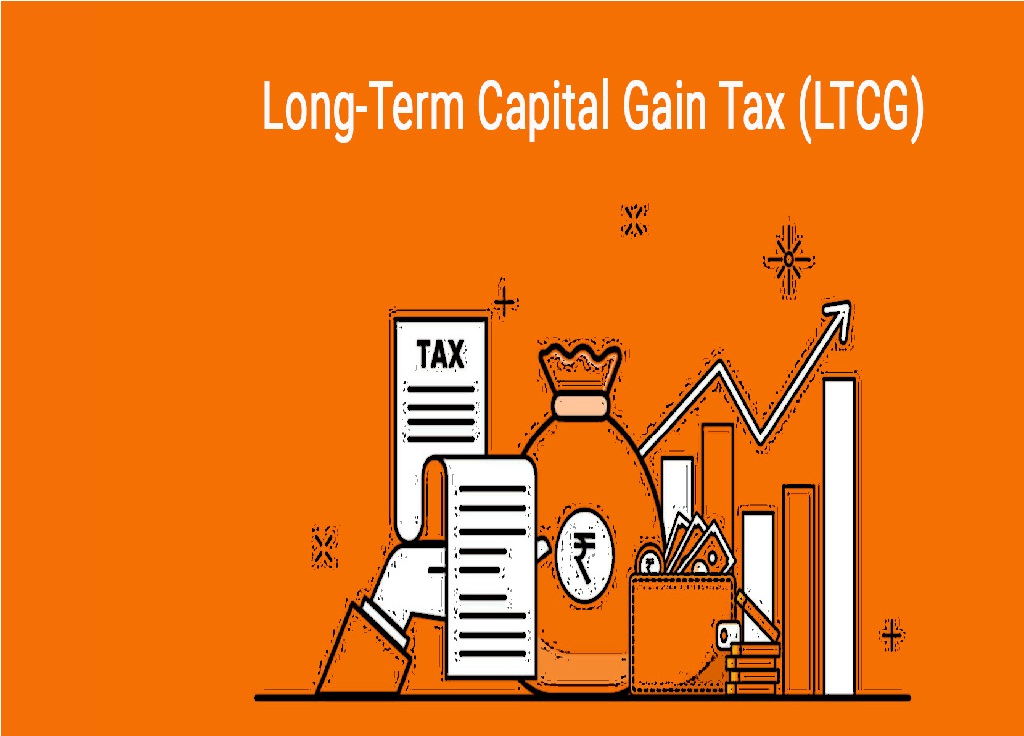
 Long-term capital asset
Long-term capital asset
In income tax, Long-term capital asset refers to any asset that is held by an individual or a company for a period of more than 36 months before being sold. The sale of such assets generates long-term capital gains or losses, which need to tax at a different rate than short-term capital gains or losses.
Examples include property (land, buildings, and homes), shares, mutual fund units, bonds, and debentures.
It’s important to note that there are some exceptions to the 36-month rule. Assets such as shares of a company, listed securities, and units of mutual funds that trade on a recognized stock exchange can consider as a long-term capital assets if held for more than 12 months. Additionally, assets such as paintings, sculptures, and drawings consider this if held for more than 24 months.
Overall, the tax implications are important to consider when making investment decisions.
FAQs:
- What is a long-term capital asset?
A long-term capital asset is any asset held for more than one year before it is sold or disposed of, such as stocks, real estate, or bonds.
- How is a long-term capital gain taxed?
Long-term capital gains are typically taxed at a lower rate than short-term gains, depending on your income bracket and tax jurisdiction.
- What is the holding period for a long-term capital asset?
To qualify as long-term, the asset must be held for more than 12 months before being sold.
- Are all assets considered long-term after one year?
Yes, any asset held for more than one year is considered a long-term capital asset unless excluded by specific tax laws.
- Can I offset long-term capital gains with capital losses?
Yes, long-term capital losses can offset long-term capital gains. If losses exceed gains, they can offset up to $3,000 of ordinary income annually.
- What are examples of long-term capital assets?
Examples include real estate, stocks, bonds, mutual funds, and collectibles held for more than a year.
- What is the benefit of long-term capital gains treatment?
The main benefit is the lower tax rate compared to ordinary income or short-term capital gains, which are taxed at higher rates.
- How do I report long-term capital gains or losses?
Long-term capital gains or losses are reported on your tax return, typically on Schedule D (Capital Gains and Losses).
- Is there an exemption on long-term capital gains from selling my home?
Yes, in many countries, a primary residence exemption allows up to a certain amount of gain to be excluded from taxation, subject to conditions.
- Are inherited assets considered long-term capital assets?
Yes, inherited assets are generally considered long-term regardless of how long they were held by the heir.

![]()
 Long-term capital asset
Long-term capital asset